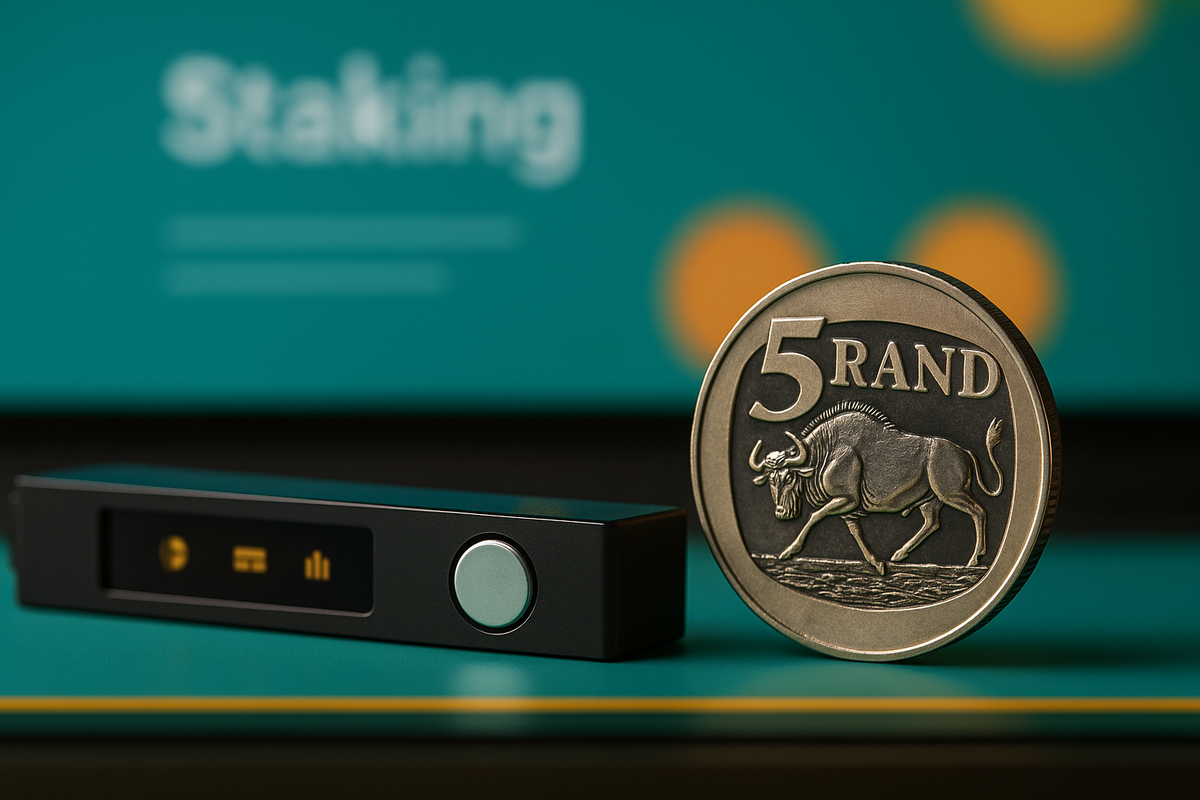Can you stake crypto without handing your keys to a stranger on Discord?
If someone needs your private keys to ‘stake on your behalf, ’ what they’re really staking is your entire balance. Keep it in your hands, not theirs.


If someone offers to stake your crypto for “guaranteed returns”, they’re either naïve or hoping you are. The short answer: yes, you can stake without giving up your private keys. In fact, you should never hand them over in the first place; not to your cousin’s “business partner”, or a Telegram group admin, and definitely not to some handle called @CryptoKing420.
Keep your keys. Keep your crypto.
Everything else is negotiable.

Why strangers want your keys
Private keys are the literal keys to your wallet. Whoever holds them controls your crypto. Once they’re gone, so is your money. South African scammers know this, and they’re patient. They hang out in Discord trading rooms, join local WhatsApp investment groups, and drop into comment sections promising “double returns” if you let them “stake on your behalf.”
According to Chainalysis, crypto scams cost investors over USD 9.9 billion globally last year. That's around R173.7 billion at the current USD/ZAR exchange rate (not exactly small change, as you can see).
The FSCA has repeatedly warned South Africans that unlicensed platforms and social-media investment clubs are a direct path to losing their money, and that there is usually no way to get it back.
This is how most staking scams work:
The scammer asks for your private keys or seed phrase under the guise of “linking you to a pool.” Once they have that, they drain your wallet and vanish. They may even keep chatting in the group to buy time before people catch on. The appeal is that it feels personal. You might even think you “know” them from daily chats, but in reality, you’ve handed over the only thing protecting your funds.
How to stake without losing control
Legitimate staking never requires you to give away your keys. If a platform or person insists, walk away. You have two secure options:
- Stake through your own wallet: Many self-custody wallets (such as MetaMask, Trust Wallet, or Ledger Live) let you delegate tokens to a staking pool directly. You approve each transaction, and your keys never leave your control.
- Use a regulated exchange: South African platforms like Luno, or global exchanges that serve SA like Binance, offer staking services. With these, your funds are in the exchange’s custody, but you’re not handing over your seed phrase to a stranger. There’s still custodial risk, so stick with exchanges that are licensed or have a track record you can verify.
Non-custodial staking is the gold standard:
This uses smart contracts to lock your tokens for staking without moving them to someone else’s wallet. The staking pool can’t access your funds; you simply commit them via a transparent, verifiable contract. Always check that the contract is open-source and audited, or use a provider whose audits you can verify on-chain.

Red flags to watch
If you see any of these, step away:
- Requests for your private keys, seed phrase, or passwords
- Promises of fixed or unusually high returns
- Pressure to act “before the window closes”
- Anonymous teams with no verifiable history
- No published smart contract audits
Legit staking rewards come from the blockchain protocol’s design, not from a stranger’s generosity.
In South Africa, if you wouldn’t hand your car keys to a random guy outside a petrol station, don’t hand over your private keys online. Stake smart, keep control, and let your coins work without you babysitting someone else’s “investment.”





Comments ()